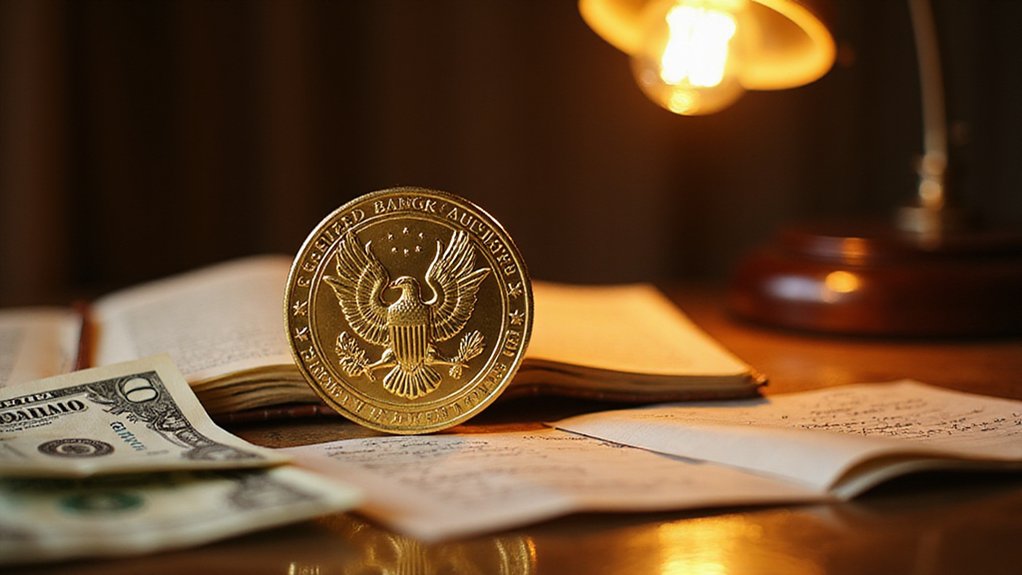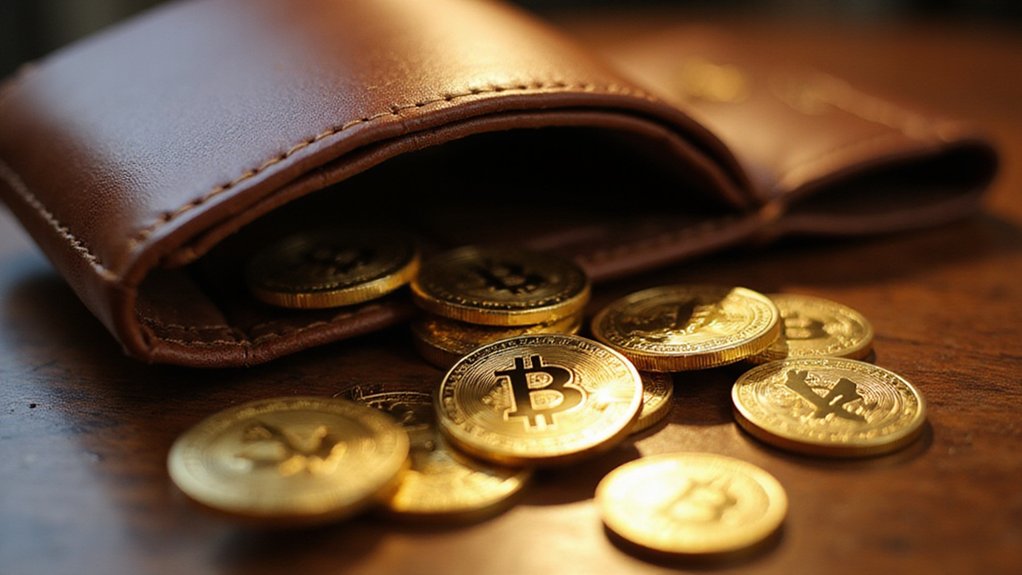The convergence of political power and cryptocurrency has reached an unprecedented zenith with Donald Trump‘s transformation from digital currency skeptic to crypto magnate, a metamorphosis that has fundamentally altered both his personal wealth structure and the regulatory landscape governing digital assets.
Trump’s financial portfolio now resembles something from a speculative fiction novel rather than traditional presidential wealth accumulation. Approximately $11.6 billion in crypto assets—representing 73% of his net worth—demonstrates how digital currencies have eclipsed conventional holdings in creating what some describe as the most significant conflict of interest in presidential history.
The Trump family’s ownership of roughly 22.5 billion World Liberty Financial (WLFI) tokens, valued around $5 billion, alongside 80% control of the $TRUMP memecoin, creates an intricate web of financial incentives that would make even seasoned ethicists pause.
The WLFI token’s market debut exemplified crypto’s characteristic volatility, launching with typical fanfare before experiencing a 48% plunge from its 40-cent peak to approximately 23 cents within two days. This dramatic price action occurred despite founding team tokens remaining locked under vesting schedules—a detail that might have provided some comfort to early private investors who purchased tokens between 1.5 and 5 cents before public trading commenced.
Perhaps more intriguing than the market mechanics is Trump’s simultaneous role as regulatory influencer and primary beneficiary. The recently signed GENIUS Act, which reclassifies stablecoins as commodities rather than securities, creates a remarkably permissive environment for digital assets. Critics suggest this legislative maneuvering facilitates extensive self-dealing, though over 100 Democrats supported the measure, complicating partisan narratives.
Trump Media’s additional holdings of $2 billion in Bitcoin plus $300 million in Bitcoin options further cement the family’s crypto dominance, while Trump-affiliated companies maintain 60% ownership of World Liberty Financial. This scale of wealth concentration starkly contrasts with Congress, where Trump’s cryptocurrency profits exceed the combined holdings of all 535 members combined. Major networks like ABC provide live updates on these unprecedented financial developments as they continue to unfold.
The legislation’s dual regulatory structure enables state-level flexibility while maintaining federal oversight, potentially benefiting Trump’s various digital asset ventures through reduced compliance complexity.
This concentration of digital wealth, combined with advocacy for America becoming the “crypto capital of the world,” creates an unprecedented fusion of personal enrichment and public policy.
The transformation from skeptic to “first crypto president” represents more than ideological evolution—it’s a masterclass in aligning regulatory frameworks with personal financial interests, raising profound questions about governance in the digital age.








